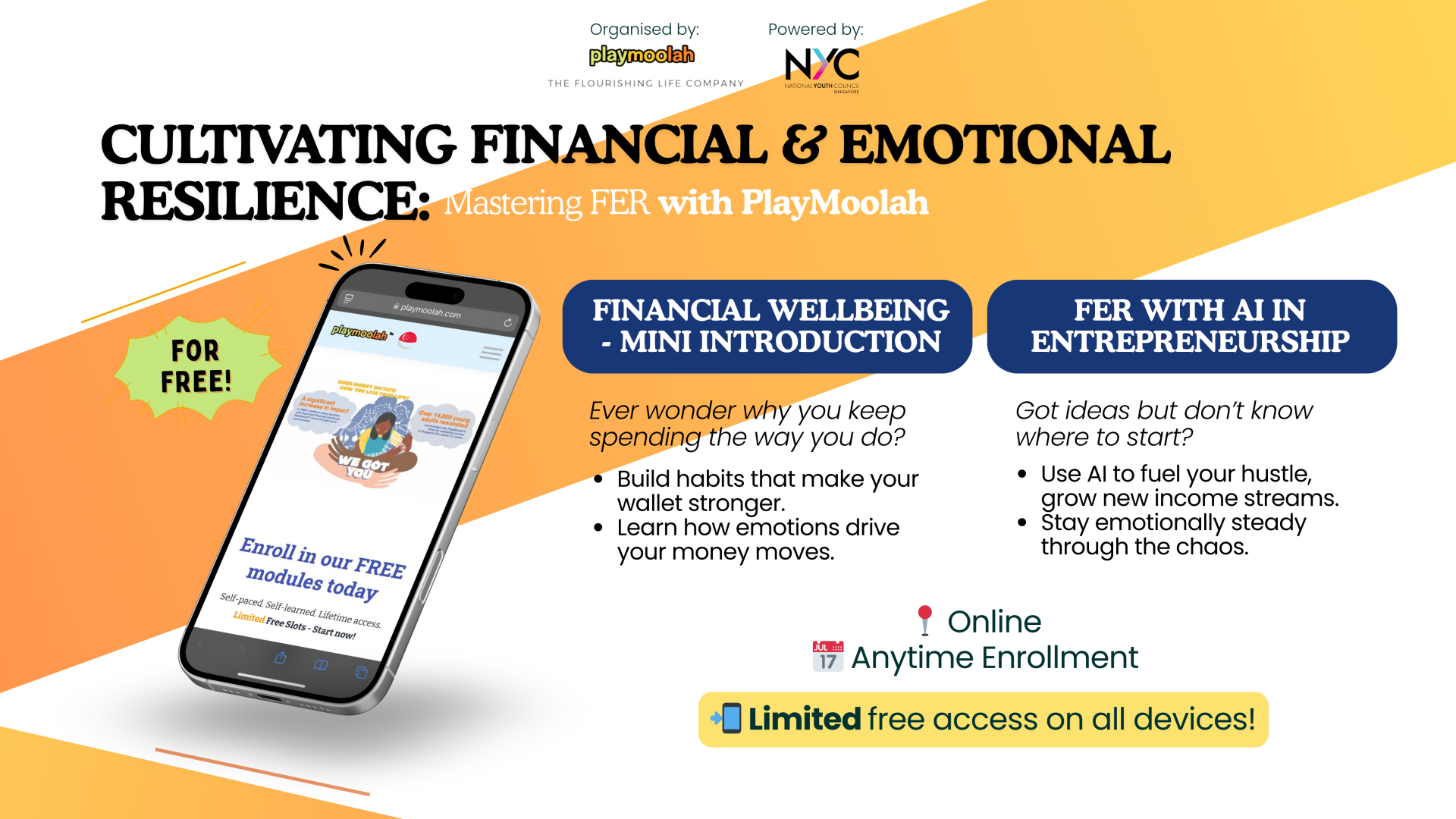What can I do with My Bad Money Habits?
Behaviours can change through reframing or replacing them with new mental models, ideas and actions. We at PlayMoolah understand the difficulty of kicking money habits that are not working for us.
Virtues?
She identified the virtues in this list from the Virtues Project to inspire people of all cultures to remember who we really are and to live by our highest values.
Learn more about the meaning and practice of virtues. Pick any virtue and practice it alongside your money decisions and note the impact!
Behaviours can change through reframing or replacing them with new mental models, ideas and actions. We at PlayMoolah understand the difficulty of kicking money habits that are not working for us.
We are excited to introduce a surprising find. Our studies show us that the practice of Virtues in money management has a positive impact. Virtues have long been considered a list of moral behaviours. However, looking beyond the morals of virtues, what we have are action-based words that affect what we do and avoid.
Virtues encourage what we can Do Positively and what we need to AVOID in the design of our Positive Money Habits, we use Virtues!
Virtues encourage what we can Do Positively and what we need to AVOID in the design of our Positive Money Habits, we use Virtues!
Virtues?
In Linda Popov’s study of the universal practice of virtues, virtues are our inner strengths, the content of our character, and the truest expression of our self. Respect, integrity, justice, and trustworthiness, are some examples of virtues.
Values are culture-specific, while virtues are universally valued by people of all cultures. Virtues are the common thread that unites humanity.
She identified the virtues in this list from the Virtues Project to inspire people of all cultures to remember who we really are and to live by our highest values.
Learn more about the meaning and practice of virtues. Pick any virtue and practice it alongside your money decisions and note the impact!
"I now think about practicing "responsibility" each time I have the urge to dip into my savings."
When you have had enough practice, you will behave in a new way when making money decisions! Practice using the habit forming Virtues in your daily money decisions.
Here are some examples of the different Virtues and how to apply them in your financial wellness journey:
Here are some examples of the different Virtues and how to apply them in your financial wellness journey:
Detachment
Detachment is when you overcome your desire for a certain object. By practising detachment, we can let go of our wants of the moment and gain a different perspective.
Pause and check in on our emotions:
- Am I aware of the reason behind what I desire? Did I have other plans for the money? Was it to be spent for this purchase or in another way?
- Or could it be a moment filled with feelings of scarcity? “This might not gone if I wait to buy it" or, "This makes me feel more secure" or could it be, “This would make me feel happier”?
Take Action: - Identify the feelings you have when you practice detachment.
- Use breathing exercises to regulate your feelings.
- Visualise yourself being happy with the decision that you’ve made.
Steadfastness
Being steady, persevering, and dependable. Having the strength to remain true to our purpose or goal in spite of obstacles that arise.
Pause and check in on our emotions:
- What are my emotions around my obstacles? How can I understand and breakdown my obstacles?
- What is preventing me from sticking to my budget?
Take Action: - Practice steadfastness by giving sufficient time and thought to choose a goal I will like to work towards.
- Reflect: I recall my commitment to the decision or goal I'm working towards.
- Reaffirm the reason why I am sticking to my decision. You may like to journal why you made this decision and the feelings surrounding it.
Decisiveness
Decisiveness is the firmness of mind in taking a stand, reaching a conclusion, and making a decision. It requires both courage and discernment.
Pause and check in on our emotions:
- Do making decisions make me feel anxious? Do I over think? Are there too many decisions to make?
- What are my emotions around my hesitations? What decision would build my flourishing life? Which would not?
Take Action: - Whenever you practice decisiveness to remain true to a decision you have made, acknowledge the courage it takes to decide.
- Reflect: Does this decision lead me closer to my goal or flourishing life?
- Visualise yourself carving out time each day to remember your goals.
Responsibility
Being responsible with your own finances will result in being financially independent and able to utilise your money to care and nourish your relationships and your self.
Pause and check in on our emotions:
- Am I responsible for my money behaviours? How can I keep my agreements with my future self?
- Am I giving my best? Am I learning from my mistakes?
Take Action: - Savour the sense of independence when you take action on your own accord on your finances.
- Commit to doing little things regularly where you make your own decisions.
- Use breathing exercises to regulate your feelings when you feel overwhelmed.
To learn more about virtues and their other applications, go to this link for further reading.
Sign up to our mailing list
Thank you for signing up our newsletter!
Keep up with PlayMoolah's latest news and offers!
Get latest news
tips, deals and offers

